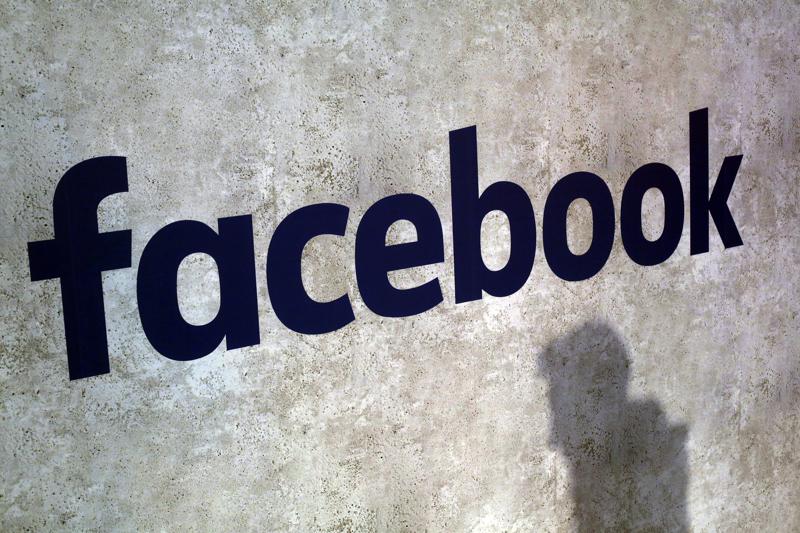Whistleblower and former Facebook product manager Frances Haugen released thousands of pages of Facebook’s internal documents, known as “The Facebook Papers,” to various media outlets in October, revealing and confirming many troubling details about the company and CEO Mark Zuckerberg.
Politico reported on employee complaints that “Facebook routinely makes exceptions for powerful actors when enforcing content policy.” The company has a lobbying and government relations shop led by former Republican operative Joel Kaplan that weighs in on free speech issues, largely to protect prominent right-wing figures. The company’s employees argued that Facebook was breaking its own policies to “keep political figures happy, even overriding concerns about public safety.”
Kaplan’s team has protected pro-Trump accounts, such as Charlie Kirk and conservative publication Breitbart, from consequences for violating Facebook’s misinformation policies — Zuckerberg has even gotten personally involved. These accounts verify journalism from past years showing how the platform privileges right-wing voices.
According to the Washington Post, the documents show Zuckerberg’s public statements often contradict Facebook’s research; he told Congress the company removes 94 percent of the hate speech it finds, but inside Facebook, “researchers estimated that the company was removing less than 5 percent of all hate speech.” And while Zuckerberg testified in March 2021 that evidence fails to show social networks polarize people, an employee wrote in 2020 that “[w]e’ve known for over a year now that our recommendation systems can very quickly lead users down the path to conspiracy theories and groups.”
The leaked documents additionally revealed that the company is aware Facebook is used to enable “domestic servitude,” a form of human trafficking; Zuckerberg vetoed plans to include a Spanish version of a voting information program to avoid the appearance of favoring Democrats; and the CEO’s actions show that, despite his public comments lauding free speech, he was willing to censor “anti-government dissidents” in Vietnam to protect Facebook’s market in the country.
Facebook’s internal research scrutinized its like and share buttons, groups feature, and other tools that dictate how its 3.5 billion users interact online. Results from studies were often negative, showing that people misused key features, or that those featured amplified toxic content.
As the New York Times wrote,
“In an August 2019 internal memo, several researchers said it was Facebook’s ‘core product mechanics’ — meaning the basics of how the product functioned — that had let misinformation and hate speech flourish on the site.
‘The mechanics of our platform are not neutral,’ they concluded.”
The practices these documents revealed sparked public backlash, during which Facebook initiated a rebrand and renamed itself Meta. The company’s stock fell about 5 percent in recent weeks, but it remains to be seen if the Securities and Exchange Commission — the federal agency where Frances Haugen sent the documents — will impose fines and restrictions on leaders for misleading investors, as whistleblowers have claimed in at least nine complaints.
The company should be held accountable for careless oversight of how its billions of users interact with and share information on its service. There must be an answer when “Facebook, over and over again, has shown it chooses profit over safety.”
Image by AP Photo / Thibault Camus

